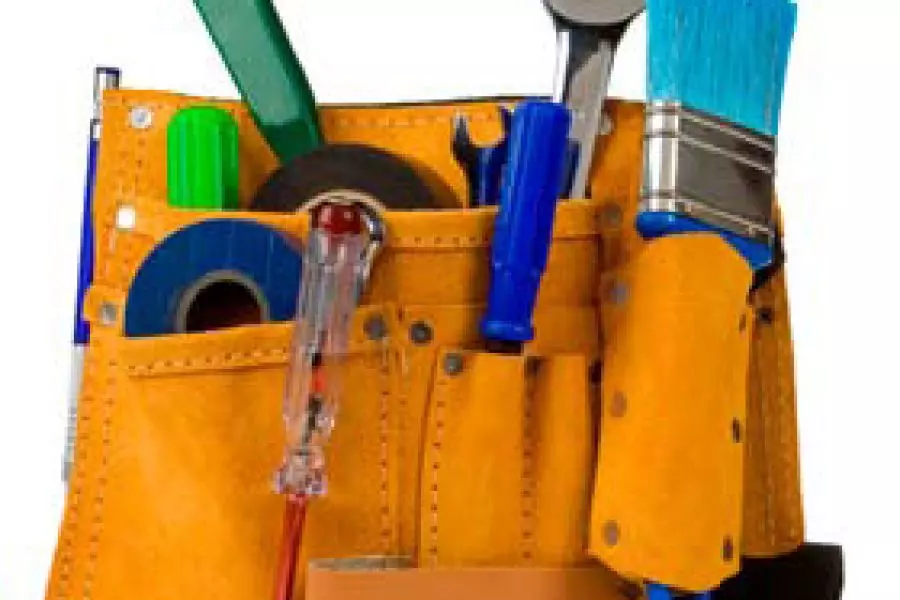News
Safe as houses

Monday 4th of April 2016
As landlords.co.nz has reported, the Health and Safety at Work Act 2015, applies to anyone involved in a residential property build, be it a new build or an extensive renovation.
However, there are also implications for landlords – particularly commercial l...
Want to read the full article?
Click the button below to subscribe and will have unlimited access to full article and all other articles on the site.






![[The Wrap] Bye Bye Bayly](https://goodreturns.publit.io/file/c_fill,w_900,h_600/39f23ac1-f7c7-4854-b700-a150004ebbac.webp)


